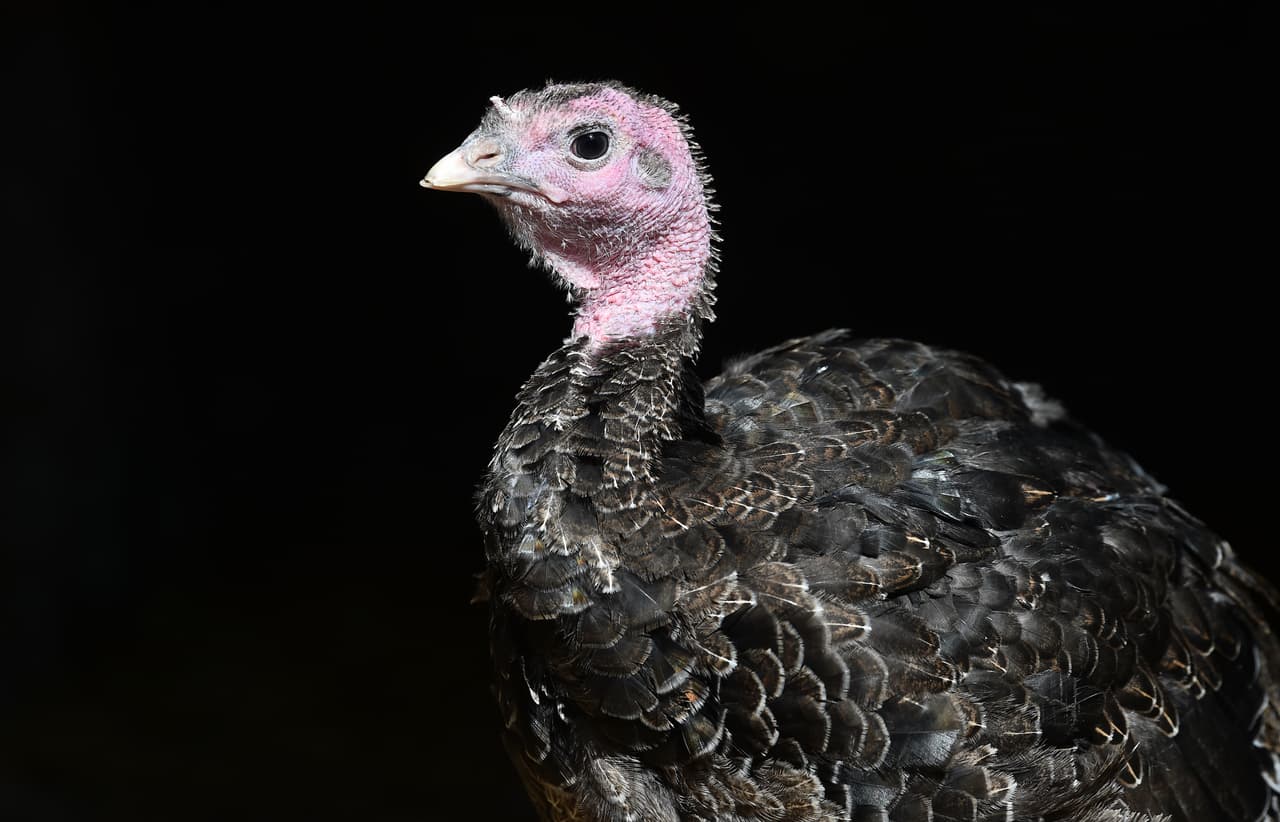
Blowing the whistle on a festive favourite: inside the Bernard Matthews turkey factory
Alleged serious food safety failings at a Bernard Matthews factory have been revealed in an undercover investigation by Channel 4’s Dispatches. The programme includes startling footage of workers at the plant falsifying vital safety checks on frozen foods aimed at children.
The investigation began after I was contacted by a whistleblower who was worried about the standards and practices at one of its three English factories, in Holton, Suffolk. The plant supplies fresh and frozen meat to major UK supermarkets, and the allegations were serious.
Responding to the allegations, a Bernard Matthews spokesman said: “Nothing is more important to us than the safety of our food and the welfare of our colleagues”. He rejected the “central thrust” of the programme, saying it was “littered with inaccuracies.” He added: “We can confidently reassure customers and consumers that our products remain safe.”
The Food Standards Agency said it had carried out “a full check of records and operating procedures”. It added: “This did not identify any food safety breaches, but we are continuing to look into the issues raised by the programme.”
I’ve been reporting food safety failings in the meat industry for years, including the spread of potentially fatal diseases via contaminated meat. The whistleblower said they wanted help in alerting the public to what they had witnessed.
We knew this story would need undercover reporting, so we spoke to contacts at a television production company with years of experience doing that sort of investigation.
Disturbing as these findings are, they are just the latest in a long line of safety scandals connected to the huge, global industry that has sprung up to put cheap poultry meat on UK supermarket shelves.
Undercover work and filming is a vital tool to get inside the meat industry. In a previous investigation I led, I revealed how up to two thirds of fresh chickens were contaminated with campylobacter, which at the time killed around 100 people a year and poisoned thousands more. For that story, we got hold of leaked – and highly graphic – photographs from inside chicken factories, as well as doing our own secret filming and collecting accounts from whistleblowers who chose to waive their anonymity. The story prompted emergency inspections of processing plants implicated in bad practices.
Other undercover work by colleagues revealed practices that artificially extended the shelf life of some meat products and rendered them almost untraceable in the event of a food poisoning outbreak.
But undercover isn’t the only way I’ve found out about dirty meat making its way onto our plates. Working with TBIJ, I used unpublished shipping records, freedom of information data and insider sources to reveal how up to a million salmonella-contaminated birds were imported into the UK from Brazil, some of them evading checks designed to prevent contaminated meat ending up in our shopping baskets.
Conditions for workers in poultry factories can also be problematic, as I’ve found during other investigations. Keeping the plants operating and the supermarkets stocked has meant some staff have to work long hours on low pay in sometimes appalling conditions. It’s a situation that poses a health risk for both workers and food safety, as many staff, including migrants, are often recruited on a casual basis and not properly trained, while others are fearful of being punished for taking time off when sick.
But it’s not just practices in meat plants that have caused concern. I’ve previously exposed the scale of intensification in the poultry farming sector, with many chickens being reared in so-called “megafarms” modelled on US-style factory methods where thousands of birds are packed together in vast industrial scale sheds. In the first investigation of its kind, TBIJ mapped the locations of almost 800 megafarms across the UK, using environmental permits, drone filming and industry databases to highlight the march of industrial farms.
I’ve been undercover myself in some of these places both in the UK and across Europe, and can safely say that the often cramped and overcrowded conditions can be a breeding ground for diseases. All too often these illnesses are treated with antibiotics, which can in turn fuel the spread of drug-resistant diseases (often known as superbugs) via contaminated meat.
Earlier this year, TBIJ revealed how a major meat supplier to UK supermarkets sourced chickens dosed with antibiotics linked to the spread of superbugs, raising the risk of future outbreaks of life-threatening disease.
To get the story, we travelled to Poland and collected waste samples from farms known to be supplying the company and had them analysed by Oxford University, revealing bacteria resistant to certain antibiotics. The company had been linked to a fatal salmonella outbreak in 2020 – which we subsequently revealed, using genetic screening, involved bacteria resistant to multiple drugs.
Each of these stories has offered new insights into some of the dubious practices taking place largely behind closed doors in the drive to produce poultry meat on an industrial scale. The Dispatches expose adds to our knowledge. It also, once again, raises the wider question of whether cheap meat really is cheap meat, or whether the true cost is being paid elsewhere.
Reporter: Andrew Wasley
Editor: Franz Wild
Production editor: Frankie Goodway
Fact checker: Billie Gay Jackson
Impact producer: Grace Murray
Our Food and Farming project is partly funded by Quadrature Climate Foundation and partly by the Hollick Family Foundation. None of our funders have any influence over our editorial decisions or output.




